Nutrition strategy for boosting natural testosterone & daily energy?
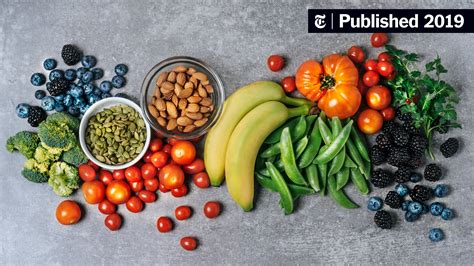
Unlock Your Vitality: The Power of Nutrition
In the quest for sustained energy and optimal health, natural testosterone levels play a pivotal role for men. Far from being solely an athletic concern, healthy testosterone contributes to mood, cognitive function, muscle mass, and overall vitality. While many factors influence hormone balance, nutrition stands out as a powerful, controllable lever. This article will guide you through an actionable nutritional strategy designed to naturally boost your testosterone and keep your energy thriving throughout the day.
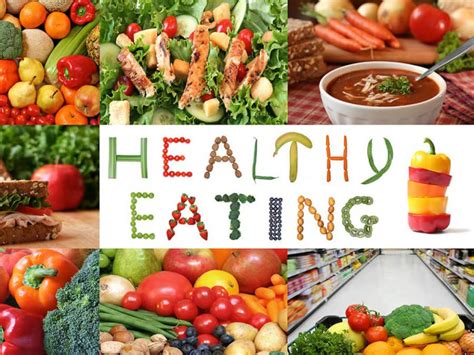
The Macronutrient Blueprint for Hormonal Health
Achieving the right balance of macronutrients – fats, proteins, and carbohydrates – is fundamental for hormone production and stable energy.
Healthy Fats: The Building Blocks of Testosterone
Testosterone is a steroid hormone derived from cholesterol. This means your body needs a steady supply of healthy fats. Focus on:
- Monounsaturated Fats: Found in avocados, olive oil, and nuts.
- Polyunsaturated Fats (especially Omega-3s): Abundant in fatty fish (salmon, mackerel), flaxseeds, and walnuts.
- Saturated Fats (in moderation): From sources like coconut oil, grass-fed butter, and red meat. While often demonized, a moderate intake of healthy saturated fats is crucial for cholesterol synthesis, the precursor to testosterone.
Aim for 20-30% of your daily calories from healthy fats.
Quality Protein: Muscle, Repair, and Satiety
Adequate protein intake is essential for muscle maintenance and growth, which in turn supports testosterone production. It also provides sustained energy and helps prevent blood sugar spikes.
- Lean Meats: Beef, chicken, turkey.
- Fish: Salmon, tuna, cod.
- Eggs: A complete protein source, also rich in choline.
- Legumes and Dairy: Lentils, beans, Greek yogurt, cottage cheese.
Target 0.8-1 gram of protein per pound of body weight, spread throughout your meals.
Complex Carbohydrates: Sustained Energy, Stable Mood
While low-carb diets can be effective for some goals, chronically restricting carbohydrates can negatively impact testosterone, especially for active individuals. Complex carbohydrates provide glucose for energy, fuel workouts, and help regulate cortisol (a stress hormone that can suppress testosterone).
- Whole Grains: Oats, quinoa, brown rice, whole-wheat bread.
- Starchy Vegetables: Sweet potatoes, potatoes, butternut squash.
- Fruits: Berries, apples, bananas.
Integrate complex carbs, especially around workouts, to optimize energy and hormone function.
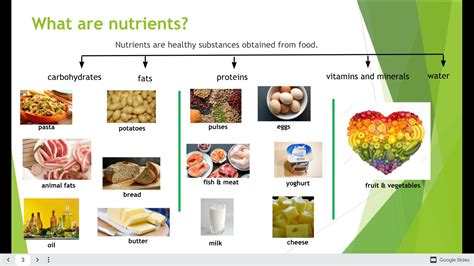
Micronutrients: The Unsung Heroes of Testosterone & Energy
Beyond macronutrients, specific vitamins and minerals are critical cofactors in testosterone synthesis and energy metabolism.
Zinc: The Testosterone Mineral
Zinc is directly involved in testosterone production. Even mild deficiencies can lead to reduced levels.
- Sources: Oysters (highest concentration), red meat, poultry, pumpkin seeds, lentils.
Vitamin D: The Sunshine Hormone
Often referred to as a hormone itself, Vitamin D is strongly correlated with testosterone levels. Many people are deficient, especially during winter months.
- Sources: Sunlight exposure, fatty fish, fortified dairy/plant milks, egg yolks.
Magnesium: Muscle, Sleep, and Free Testosterone
Magnesium plays a role in over 300 enzymatic reactions, including those for energy production and muscle function. It can also increase free (bioavailable) testosterone.
- Sources: Leafy green vegetables (spinach, kale), nuts (almonds, cashews), seeds, avocados, dark chocolate.
B Vitamins: Energy Powerhouses
B vitamins (especially B6, B9, B12) are essential for converting food into energy and supporting various metabolic processes.
- Sources: Whole grains, meat, eggs, leafy greens, legumes.
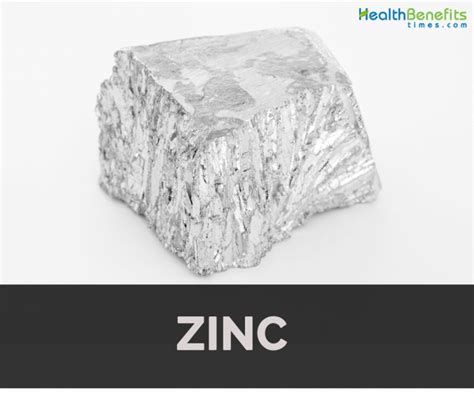
Foods to Emphasize and Avoid for Optimal Results
Boost with These
- Cruciferous Vegetables: Broccoli, cauliflower, Brussels sprouts contain Indole-3-Carbinol (I3C), which helps the body metabolize estrogen, potentially leading to a better testosterone-to-estrogen ratio.
- Berries and Antioxidant-Rich Foods: Blueberries, strawberries, spinach, kale help combat oxidative stress, which can negatively impact hormone health.
- Ginger and Fenugreek: Some research suggests these spices may have testosterone-boosting properties.
Limit or Avoid These
- Processed Foods and Added Sugars: These can lead to insulin resistance, inflammation, and fat gain, all of which negatively impact testosterone and energy levels.
- Excessive Alcohol: Chronic heavy drinking can significantly lower testosterone and impair liver function.
- Trans Fats: Found in many processed and fried foods, trans fats are detrimental to cardiovascular health and hormone production.
- Soy (in excess): While fermented soy can be healthy, high intake of unfermented soy products may, for some individuals, have an estrogenic effect due to phytoestrogens.

Hydration and Meal Timing: Supporting Your Strategy
Stay Hydrated
Water is crucial for every bodily function, including nutrient transport, waste removal, and maintaining energy levels. Dehydration can lead to fatigue and impaired physical performance. Aim for at least 8-10 glasses of water daily.
Strategic Meal Timing
Eating regular, balanced meals helps stabilize blood sugar and energy throughout the day, preventing crashes. Consider:
- Consistent Breakfast: To kickstart metabolism.
- Balanced Meals and Snacks: Incorporating protein, healthy fats, and complex carbs.
- Post-Workout Nutrition: To aid recovery and muscle repair.
Beyond the Plate: Holistic Support
While nutrition is paramount, remember that it’s part of a larger ecosystem:
- Adequate Sleep: Crucial for hormone regulation, especially testosterone production.
- Stress Management: Chronic stress elevates cortisol, which can suppress testosterone. Practice mindfulness, meditation, or spend time in nature.
- Regular Exercise (especially Resistance Training): Strength training is a powerful stimulus for testosterone release.
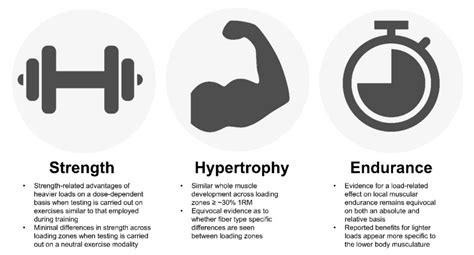
Conclusion
Boosting natural testosterone and sustaining daily energy is not about quick fixes or isolated supplements; it’s about adopting a consistent, holistic nutritional strategy. By focusing on nutrient-dense whole foods – emphasizing healthy fats, quality proteins, and complex carbohydrates, alongside key micronutrients like zinc, vitamin D, and magnesium – you create an optimal environment for your body to thrive. Combine this with proper hydration, mindful eating habits, and a supportive lifestyle, and you’ll be well on your way to enhanced vitality, robust energy, and balanced hormone health.








